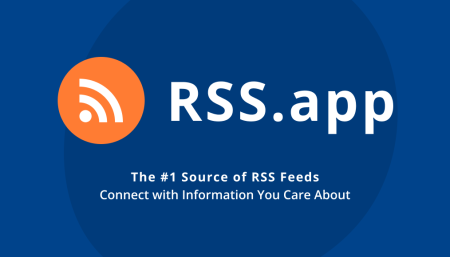Over the years of educating parents, teachers and caregivers about early childhood development, we’ve received many questions about how to raise emotionally intelligent kids.
Kids with high emotional intelligence have the tools they need to navigate their feelings and relationships in a healthy and secure way. Key skills include self-awareness, self-regulation and motivation. But one of the most commonly overlooked components is empathy.
Parents of the most emotionally intelligent children lead by example — and teach their kids these four skills when they’re young:
1. How to take on different perspectives
Perspective taking does not mean having the same experience as someone else or deciding whether their experience is real.
When a child is pulling at their shirt and saying, “It’s scratchy, I don’t like it. I want a different shirt,” we can model perspective taking by believing that their experience is true: “That shirt feels uncomfortable for you, and you want to change it.”
Don’t miss: A psychologist says parents who raise resilient, socially intelligent kids always do 5 things during ‘hard times’
It’s not the parent’s job to convince them that the shirt is perfectly comfortable and remind them that they’ve worn it before. It’s their job to step outside of themselves and be a witness to their child’s experience.
2. How to avoid judgement
This means practicing mindfulness of our biases and self-regulating so that we can see the child’s experience without a biased lens.
So instead of responding with, “You don’t need to be so upset. It’s just a shirt. We can fix this,” avoiding judgment is simply noticing what is: “You are really upset that it’s so uncomfortable.”
3. How to recognize emotions
Recognizing emotions is connecting with what your child is feeling, not why they’re feeling it.
So when your child comes to you upset, take a moment to articulate out loud what they are feeling. “Wow, you are disappointed, that’s really tough.”
Then recall and share a time when you dealt with the emotion they’re expressing, so you can connect with them about how it feels.
This teaches them that if they know what disappointment feels like, they can choose to empathize with that feeling, regardless of the reason why someone else is feeling it.
4. How to communicate understanding
Communicating our understanding about the emotions is when connecting happens, when we have the opportunity to say: “I see you. I get it. That’s so hard. Ugh, yeah, I understand that.”
For example, you tell best friend: “I’ve been so tired the last couple of nights that the thought of us meeting for dinner tomorrow night feels exhausting. But I know we haven’t seen each other in such a long time.”
Good communicating of understanding from your friend might look like: “I get how exhausting that feels. Especially today looking at tomorrow.” This is nice because she’s not trying to convince you or minimize your experience. She’s being present to your pain because she is really listening.
When your child sees you do this for people you care about, they absorb the valuable lesson of how to be a better friend and community member.
The secret to teaching empathy is to show it
Just as we build self-regulation skills by co-regulating with a child, we teach emotional intelligence by responding to children with empathy.
Connect with your child and imagine what the message underneath their behavior might be. Trust that they are kind humans and allow them to make mistakes. When you do this, you teach them that your love for them is conditional.
And lastly, remember to pause to say “I love you.” It’s impossible to spoil kids with love. We promise that you can never say those words too much.
Alyssa Blask Campbell is a parenting and emotional development expert. With a masters degree in early childhood education, she founded Seed & Sew, a platform that offers courses on emotional intelligence. She is also the author of “Tiny Humans, Big Emotions.” Follow her on LinkedIn and Instagram.
Lauren Stauble is assistant professor of early childhood education at Bunker Hill Community College and co-author of “Tiny Humans, Big Emotions.” She has 18 years of experience in anti-bias education, community activism, cultivating inclusive classrooms, program administration and teaching higher education courses.
Don’t miss:
Want to be smarter and more successful with your money, work & life? Sign up for our new newsletter here
Get CNBC’s free Warren Buffett Guide to Investing, which distills the billionaire’s No. 1 best piece of advice for regular investors, do’s and don’ts, and three key investing principles into a clear and simple guidebook.
Read the full article here









